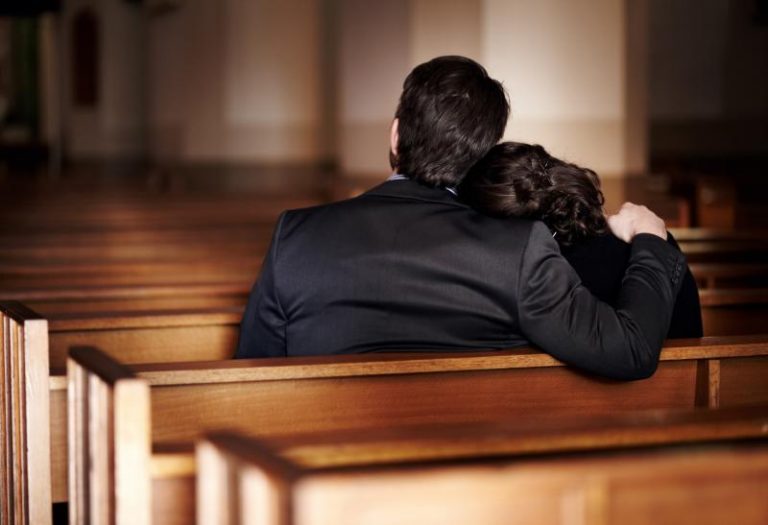When a loved one passes, there is always an emotional toll. Regardless of what caused your loved one’s death, you are left with lost support and companionship, unpaid medical bills, funeral costs, pain and suffering, and more. While no amount of money can compensate for the loss of a loved one, a wrongful death lawsuit can help to offset the costs of final arrangements and loss of household income. Here’s what you need to know:
Wrongful Death Defined
A wrongful death happens when the “wrongful” conduct of a person or entity results in the death of another person, which could have been prevented. Wrongful death can occur in any area of personal injury law, from a motor vehicle accident to a defective medical device to a construction accident. Persons, companies, and governmental agencies can be legally at fault for acting negligently.
There are two key differences between a wrongful death claim and a criminal case, even when both cases are based on the events surrounding the same death. A wrongful death claim is a civil lawsuit. It is brought to court by the personal representative of the deceased person’s estate directly, and the only available remedy is the plaintiff’s financial recovery. By contrast, a criminal case is brought by the state or federal government, and the liable person’s guilt is punished by jail or prison time, probation, or other penalties.
Who May File A Wrongful Death Lawsuit?
The people eligible to file a wrongful death lawsuit can vary from state to state. In Illinois, a wrongful death claim must be filed by the personal representative of the deceased person’s estate. The personal representative may be a close relative of the deceased person, such as:
- Children
- Surviving spouse
- Beneficiaries
- Dependents
If the deceased person died without appointing a personal representative in his or her estate plan, the court may appoint a personal representative.
What Type of Damages Can You Expect to Recover?
Those eligible to bring a suit are entitled to damages determined by a jury. Damages in an Illinois wrongful death case are paid “for the exclusive benefit of the surviving spouse and next of kin of [the] deceased person.” They are entitled for pecuniary (monetary) damages for both the “money, benefits, goods, and services the decedent customarily contributed in the past,” as well the “money, benefits, goods, and services the decedent was likely to have contributed in the future.” (Illinois Pattern Jury Instruction 31.04)
About Harvey L. Walner & Associates
Our attorneys have over 75 years of combined legal experience in personal injury specializations, including personal injury accidents, worker’s compensation, medical malpractice, and wrongful death cases. If you or a loved one should have the misfortune of being in a personal injury accident, and you need a personal injury lawyer, the experienced attorneys at Harvey L. Walner & Associates, Ltd. are here for you. Call us today for a free consultation.


 Skip to content
Skip to content








